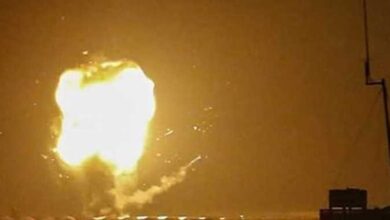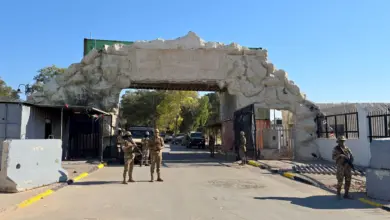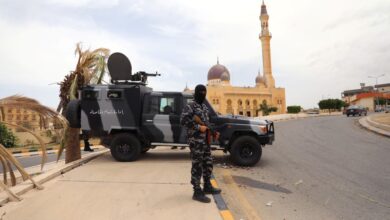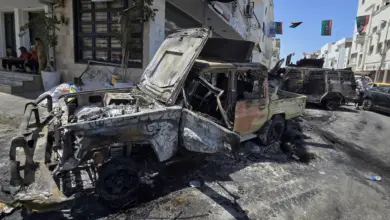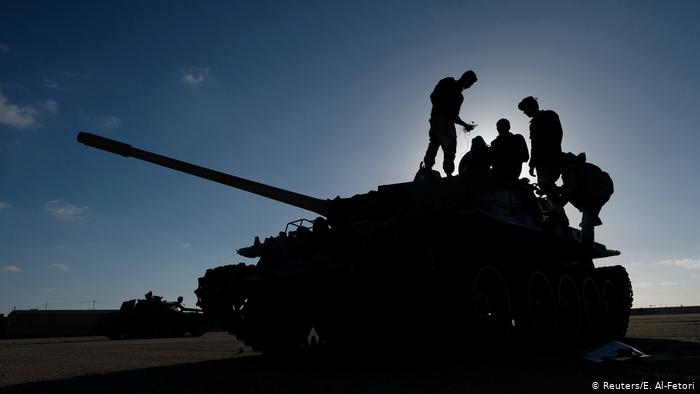
TRIPOLI (Reuters) – A drone air strike by eastern Libyan forces on the southern Libyan town of Murzuq has killed at least 43 people, a local official said on Monday.
The attack is the second major air strike blamed on the eastern Libyan National Army (LNA) forces loyal to Khalifa Haftar after at least 44 migrants were killed in June when a detention center in a suburb of the capital Tripoli was hit.
The LNA confirmed a strike late on Sunday on Murzuq, but denied it had targeted any civilians. The LNA had also denied it had hit the detention center but acknowledged increased air strikes on the capital.
The internationally recognized government based in Tripoli opposing Haftar said dozens were killed and wounded in Murzuq.
Reached by telephone, Murzuq municipal council member Mohamed Omar told Reuters: “The air strike resulted in 43 killed and 51 wounded. This is only an initial toll of casualties.”
The LNA seized Murzuq at the start of this year as part of an offensive to control the oil-producing south. But it later moved out to concentrate forces north where it has been trying to take the capital Tripoli in a four-month campaign.
The LNA said in a statement its strike had targeted “Chadian opposition fighters”, a phrase that usually refers to Tebu tribesmen opposing them in the area.
Haftar’s LNA, allied to a parallel government based in eastern Libya, has seen its advance on Tripoli held up by robust defenses on the outskirts of the capital, and said it would start heavy air strikes after “traditional means” of war had been exhausted.
On Sunday, the U.N. Libya mission (UNSMIL) condemned in a statement “the repeated indiscriminate shelling” of Tripoli’s only functioning airport after several strikes in the past days.
The United Nations did not name the LNA but said the attacks had “continued unabated” since the start of the LNA offensive on Tripoli.
There was no immediate U.N. comment on the Murzuq strike.
Haftar’s attempt to capture Tripoli has derailed U.N. attempts to broker an end to the chaos that has prevailed in Libya since the NATO-backed overthrow of Muammar Gaddafi in 2011.
Reporting by Ahmed Elumami; Writing by Ulf Laessing; Editing by Angus MacSwan and Andrew Cawthorne

